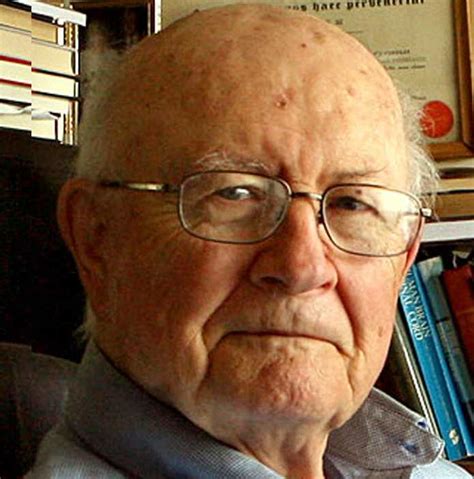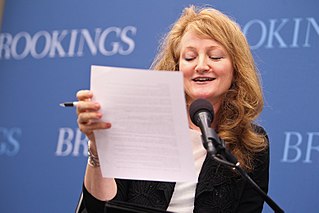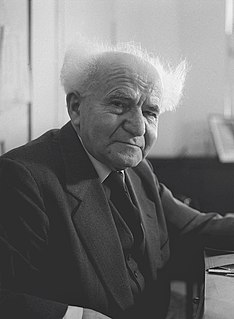A Quote by Alexandra Petri
By isolating ourselves from those with whose opinions we disagree, we lose the ability to defend our beliefs.
Related Quotes
If we choose only to expose ourselves to opinions and viewpoints that are in line to our own, we become more polarized, more set in our own ways. It will only reinforce and deepen the political divides in our country. But if we choose to actively seek out information that challenges our assumptions and beliefs, perhaps we can begin to understand where the people who disagree with us are coming from.
One of the worst features about worrying is that it destroys our ability to concentrate. When we worry, our minds jump here and there and everywhere, and we lose all power of decision. However, when we force ourselves to face the worst and accept it mentally, we then eliminate all those vague imaginings and put ourselves in a position in which we are able to concentrate on our problem.
We travel, initially, to lose ourselves; and we travel, next to find ourselves. We travel to open our hearts and eyes and learn more about the world than our newspapers will accommodate. We travel to bring what little we can, in our ignorance and knowledge, to those parts of the globe whose riches are differently dispersed. And we travel, in essence, to become young fools again- to slow time down and get taken in, and fall in love once more.
When we say that the Arabs are the aggressors and we defend ourselves — this is only half the truth. As regards our security and life we defend ourselves and our moral and physical position is not bad. We can face the gangs... and were we allowed to mobilize all our forces we would have no doubts about the outcome... But the fighting is only one aspect of the conflict which is in its essence a political one. And politically we are the aggressors and they defend themselves. Militarily, it is we who are on the defensive who have the upper hand but in the political sphere they are superior.
Are we to have a censor whose imprimatur shall say what books may be sold, and what we may buy? And who is thus to dogmatize religious opinions for our citizens? Whose foot is to be the measure to which ours are all to be cut or stretched? Is a priest to be our inquisitor, or shall a layman, simple as ourselves, set up his reason as the rule of what we are to read, and what we must believe?

































